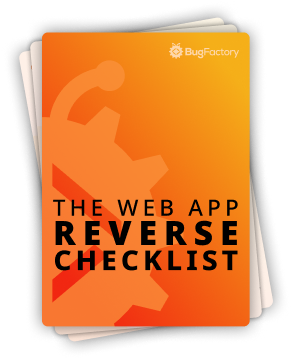Function Definition with Simple Parameters
by Christoph Schiessl on Python
A few days ago, I introduced you to the basics of Function Definitions in Python. Today, we will build on that and explore functions with simple parameters. We will again use the official grammar, taken from the official Language Reference, as a guide:
funcdef ::= [decorators] "def" funcname [type_params] "(" [parameter_list] ")"
["->" expression] ":" suite
decorators ::= decorator+
decorator ::= "@" assignment_expression NEWLINE
parameter_list ::= defparameter ("," defparameter)* "," "/" ["," [parameter_list_no_posonly]]
| parameter_list_no_posonly
parameter_list_no_posonly ::= defparameter ("," defparameter)* ["," [parameter_list_starargs]]
| parameter_list_starargs
parameter_list_starargs ::= "*" [parameter] ("," defparameter)* ["," ["**" parameter [","]]]
| "**" parameter [","]
parameter ::= identifier [":" expression]
defparameter ::= parameter ["=" expression]
funcname ::= identifier
For today, we are focusing on the line defining parameter_list_no_posonly, because this is the simplest case to look at.
Python 3.12.1 (main, Jan 12 2024, 21:48:18) [GCC 13.2.1 20230801] on linux
Type "help", "copyright", "credits" or "license" for more information.
>>> def foo(a, b,):
... pass
...
So, here we have defined a new function foo() with two required parameters a and b. Take note of the trailing comma in the parameter list ... the optional trailing comma has no effect whatsoever, but it is valid syntax — some developers like to work with trailing commas. Anyway, both parameters of foo() can be provided as positional or as keyword parameters — this is up to the caller. All of the following are valid:
>>> foo(1, 2)
>>> foo(1, b=2)
>>> foo(a=1, b=2)
However, we cannot arbitrarily mix positional and keyword parameters because all positional parameters must come first. If we try to place keyword parameters first, we get a SyntaxError:
>>> foo(a=1, 2)
File "<stdin>", line 1
foo(a=1, 2)
^
SyntaxError: positional argument follows keyword argument
As I said before, both parameters are required. Therefore, all of the following calls are incorrect and lead to TypeErrors:
>>> foo(1)
Traceback (most recent call last):
File "<stdin>", line 1, in <module>
TypeError: foo() missing 1 required positional argument: 'b'
>>> foo(a=1)
Traceback (most recent call last):
File "<stdin>", line 1, in <module>
TypeError: foo() missing 1 required positional argument: 'b'
>>> foo(b=2)
Traceback (most recent call last):
File "<stdin>", line 1, in <module>
TypeError: foo() missing 1 required positional argument: 'a'
There's one more edge case I can think of:
>>> foo(1, a=2)
Traceback (most recent call last):
File "<stdin>", line 1, in <module>
TypeError: foo() got multiple values for argument 'a'
In this case, we also get a TypeError, because we have essentially provided two values for the parameter a. The integer 1, through the positional argument, and the integer 2, through the keyword argument. Apart from that, there is also the problem that we didn't provide the required parameter b at all.
That's it for today. Thank you for reading, and please feel free to reach out to me with comments and questions if you have any.

